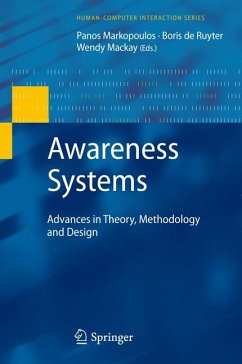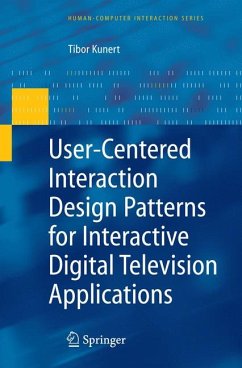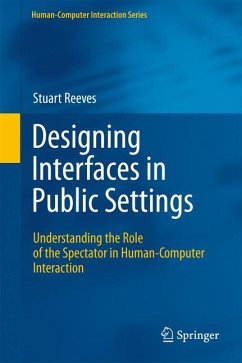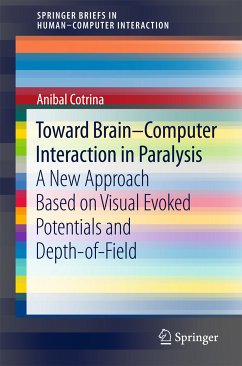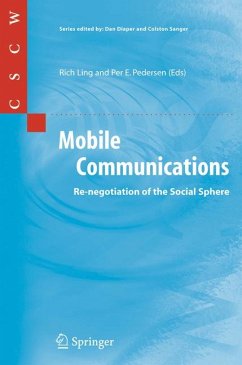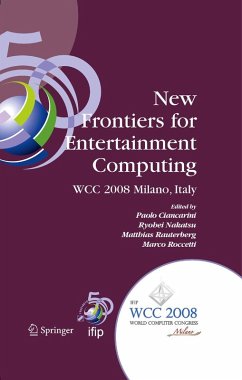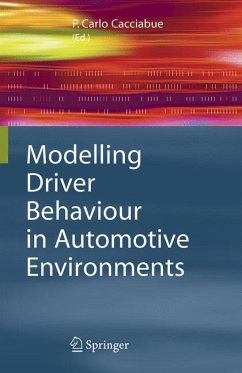
Brain-Computer Interfaces (eBook, PDF)
Applying our Minds to Human-Computer Interaction
Redaktion: Tan, Desney S.; Nijholt, Anton

PAYBACK Punkte
36 °P sammeln!
For generations, humans have fantasized about the ability to create devices that can see into a person's mind and thoughts, or to communicate and interact with machines through thought alone. Such ideas have long captured the imagination of humankind in the form of ancient myths and modern science fiction stories. Recent advances in cognitive neuroscience and brain imaging technologies have started to turn these myths into a reality, and are providing us with the ability to interface directly with the human brain. This ability is made possible through the use of sensors that monitor physical p...
For generations, humans have fantasized about the ability to create devices that can see into a person's mind and thoughts, or to communicate and interact with machines through thought alone. Such ideas have long captured the imagination of humankind in the form of ancient myths and modern science fiction stories. Recent advances in cognitive neuroscience and brain imaging technologies have started to turn these myths into a reality, and are providing us with the ability to interface directly with the human brain. This ability is made possible through the use of sensors that monitor physical processes within the brain which correspond with certain forms of thought. Brain-Computer Interfaces: Applying our Minds to Human-Computer Interaction broadly surveys research in the Brain-Computer Interface domain. More specifically, each chapter articulates some of the challenges and opportunities for using brain sensing in Human-Computer Interaction work, as well as applying Human-Computer Interaction solutions to brain sensing work. For researchers with little or no expertise in neuroscience or brain sensing, the book provides background information to equip them to not only appreciate the state-of-the-art, but also ideally to engage in novel research. For expert Brain-Computer Interface researchers, the book introduces ideas that can help in the quest to interpret intentional brain control and develop the ultimate input device. It challenges researchers to further explore passive brain sensing to evaluate interfaces and feed into adaptive computing systems. Most importantly, the book will connect multiple communities allowing research to leverage their work and expertise and blaze into the future.
Dieser Download kann aus rechtlichen Gründen nur mit Rechnungsadresse in A, B, BG, CY, CZ, D, DK, EW, E, FIN, F, GR, HR, H, IRL, I, LT, L, LR, M, NL, PL, P, R, S, SLO, SK ausgeliefert werden.




